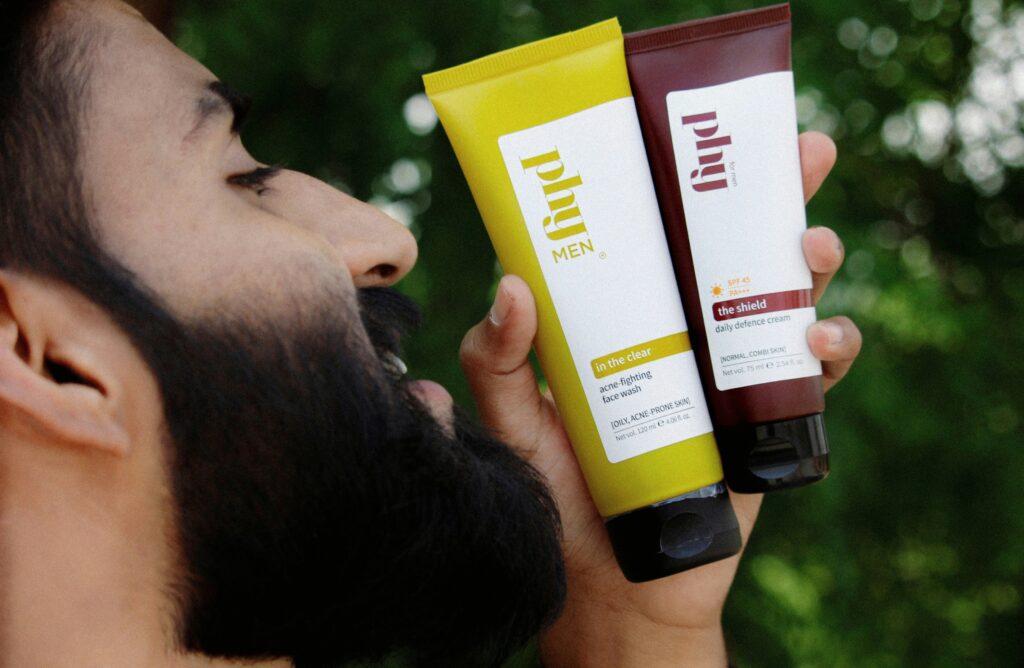Understanding Dry Skin in Winter
Dry skin becomes a common issue during winter due to various factors. Air loses moisture, creating conditions that strip the skin of essential hydration.
Causes of Dry Skin
- Colder Temperatures: Cold air holds less moisture, leading to drier skin.
- Indoor Heating: Heaters and fireplaces reduce indoor humidity, exacerbating skin dryness.
- Hot Showers: Hot water can remove natural oils, making the skin dry and flaky.
- Harsh Soaps: Certain soaps and detergents can strip the skin of its natural oils.
- Wind Exposure: Wind can strip moisture from the skin, leading to increased dryness.
Symptoms of Dry Skin
- Itching: Persistent itching, especially after bathing or showering, indicates dry skin.
- Redness: Red, inflamed patches can appear on areas where the skin is driest.
- Flaking: Skin may peel or flake, often on the face, arms, and legs.
- Cracking: Severe dryness can cause the skin to crack, sometimes leading to bleeding.
- Tightness: Skin that feels tight, especially after washing, is a sign of dryness.
By understanding these causes and symptoms, it’s easier to take proactive steps to mitigate dry skin during winter.
Essential Tips to Combat Dry Skin
Winter can be harsh on your skin, but some essential tips help combat dryness effectively.
Stay Hydrated
Drinking enough water keeps your skin hydrated from within. Aim for at least 8 cups of water daily. Include water-rich foods like cucumbers, oranges, and strawberries. This provides an internal moisture boost.
Use Gentle Skin Care Products
Harsh soaps strip natural oils. Use mild, fragrance-free cleansers designed for sensitive skin. Look for ingredients like glycerin, hyaluronic acid, and ceramides. These ingredients help retain moisture.
Modify Your Bathing Habits
Hot showers deplete skin moisture. Use lukewarm water instead. Limit baths to 10 minutes. Pat your skin dry, then apply a moisturizer while your skin is still damp.
This helps seal in moisture. Try using a humidifier in your bathroom to keep air moist during showers.
Regularly following these tips can significantly improve your skin’s hydration and overall health.
Best Moisturizers for Winter Skin Care

Using the right moisturizer during winter’s essential to keep skin hydrated and healthy. Choose products catering to your skin type and environmental conditions for optimal results.
Choosing the Right Moisturizer
Selecting a suitable moisturizer begins with understanding your skin type. For dry skin, I recommend using rich, oil-based creams.
These products form a protective barrier and retain moisture more effectively. For combination skin, hydrating gels or water-based lotions work well without causing breakouts or oiliness.
Look for ingredients like:
- hyaluronic acid
- glycerin
- ceramides
Hyaluronic acid retains water within the skin, glycerin draws moisture from the environment, and ceramides restore the skin barrier.
Natural Moisturizers to Consider
Natural moisturizers offer an alternative to commercial products and can provide equally effective hydration.
I find that shea butter deeply nourishes and soothes dry skin, thanks to its concentration of fatty acids and vitamins. It’s especially effective for those with very dry or sensitive skin.
Coconut oil, rich in lauric acid, offers both hydration and antimicrobial properties. Apply it directly to dry areas after showering. Another excellent option is jojoba oil, which closely resembles the skin’s natural sebum.
It’s a lightweight oil suitable for all skin types, providing moisture without clogging pores.
For additional natural hydration, use aloe vera gel. It’s perfect for relieving irritation and providing a cooling, hydrating effect.
Humidifiers and Your Skin
Using a humidifier can make a significant difference in maintaining skin hydration during the winter months. It helps counteract the drying effects of indoor heating.
Benefits of Using a Humidifier
Humidifiers add moisture to the air, which helps prevent your skin from drying out. By maintaining indoor humidity levels between 40-60%, they can alleviate common winter skin problems like flakiness and irritation.
In particular, great benefits are seen for those with eczema or psoriasis as humidifiers help keep the skin more comfortable and less prone to flare-ups.
Choosing the Right Humidifier
Selecting the correct humidifier depends on the size of the room and your skin’s specific needs. For small bedrooms, portable ultrasonic humidifiers offer quiet operation and adequate humidity levels.
For larger areas, console humidifiers provide extensive coverage and higher output. Look for models with built-in hygrometers and auto-shutoff features to maintain optimal humidity without excess condensation.
Keep the humidifier clean to avoid mold and bacteria growth, which can exacerbate skin issues.


 Bradley Frankirly is a distinguished article writer at Body Care And Matter, bringing a unique perspective to the world of health and wellness journalism. With a keen eye for detail and a passion for storytelling, Bradley crafts articles that resonate deeply with readers, offering both informative content and a relatable narrative.
Bradley Frankirly is a distinguished article writer at Body Care And Matter, bringing a unique perspective to the world of health and wellness journalism. With a keen eye for detail and a passion for storytelling, Bradley crafts articles that resonate deeply with readers, offering both informative content and a relatable narrative.

